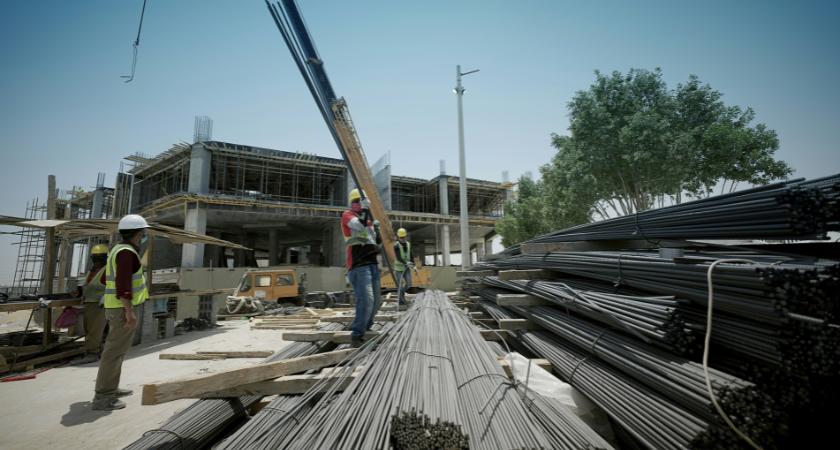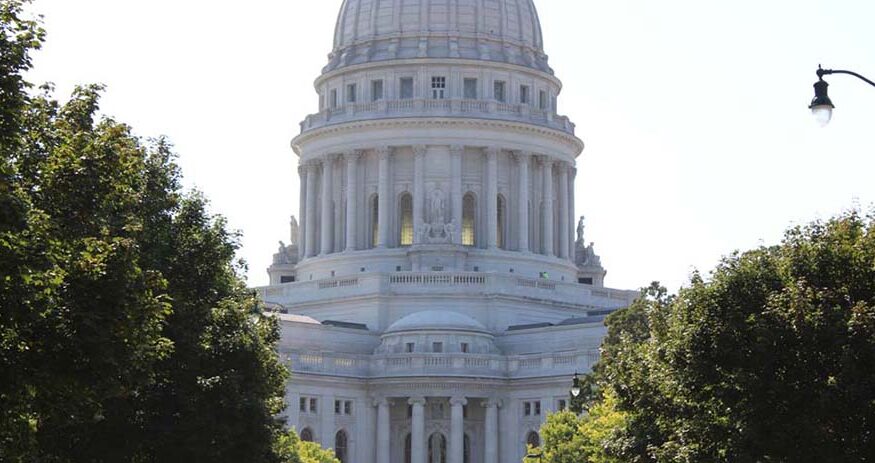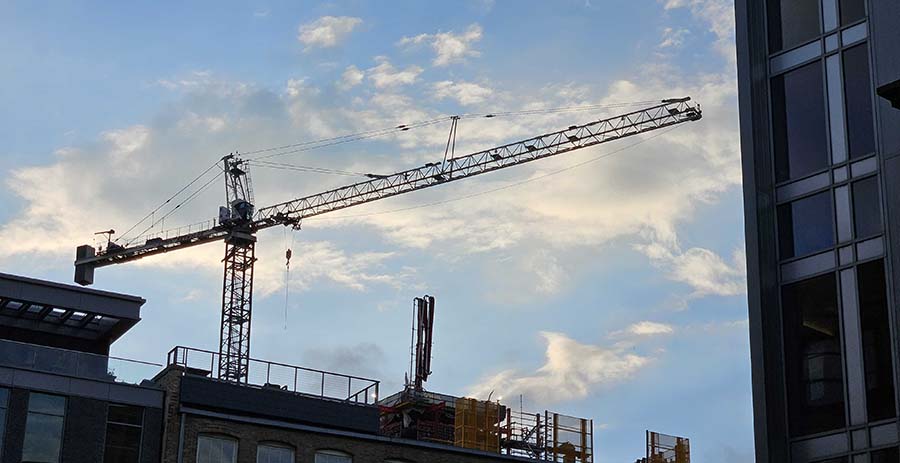
The Wisconsin State Assembly has approved legislation that would delay enforcement of the state’s updated commercial building code for more than a year, drawing praise from developers and construction groups — and strong criticism from Milwaukee city officials.

Assembly Bill 450, passed on October 7, pushes implementation of the new code, which is based on the 2021 International Building Code, to April 1, 2026. The Wisconsin Department of Safety and Professional Services (DSPS) had already adopted the updated standards earlier this year but postponed enforcement twice, first to October and then to November, citing feedback from the building industry.
Supporters of the delay say the additional time will help avoid confusion and ensure active construction projects aren’t disrupted.
The bill “provides much-needed clarity,” and will implement the new building code on April 1, 2026, said Rep. William Penterman, R-Hustisford, during the floor session. He added that the goal is to prevent delays for projects “in the pipeline” and avoid conflicting interpretations among licensing authorities.
Under AB 450, the updated code would not apply to any public building, structure, or place of employment if plans are submitted for review before April 1, 2026, whether through DSPS or a local municipality.
The legislation has earned support from major real estate and construction groups, including:
However, the City of Milwaukee, Clean Wisconsin and Wisconsin Conservation Voters registered opposition, arguing that continued delays undermine safety and create logistical burdens.
After reviewing the proposal, Milwaukee’s Department of Neighborhood Services determined that further postponing adoption of the 2021 code “does not support the health, safety and welfare of our community,” said a city spokesperson.
“Further, allowing developers to submit plans that comply with either the 2015 IBC or the 2021 IBC would create additional administrative burdens upon the City of Milwaukee,” the spokesperson added.
Milwaukee officials also noted that they have already trained staff and begun reviewing projects to the 2021 standard, meaning the rollback could actually complicate—not streamline—enforcement.

The DSPS, which oversees statewide building standards, acknowledged that the update has taken longer than expected due to regulatory and legal hurdles.
“We want to be good partners to Wisconsin’s building professionals,” said Dan Hereth, secretary of DSPS, in a statement. “The process to develop this code experienced delays beyond usual rulemaking, including legislative tactics that stalled progress and the resulting court proceedings. As a result, this is the first upgrade to this code in a decade and represents a big change for the industry. So, to ensure a smooth transition for our partners in the building industry, we are granting an additional grace period for project submittals.”
Officials also clarified that supplemental submissions — such as fire suppression, HVAC, elevator and boiler systems — must continue to match the code used for the original approved plan, regardless of when construction advances.
The bill now advances to the Committee on Licensing, Regulatory Reform, State and Federal Affairs, where further debate is expected — particularly between rural development advocates favoring flexibility and urban officials warning against outdated safety standards.
If enacted, Wisconsin will effectively continue operating under 2015 building code standards until Spring 2026.
Originally reported by Ethan Duran, Bridge Tower Media in Finance & Commerce.